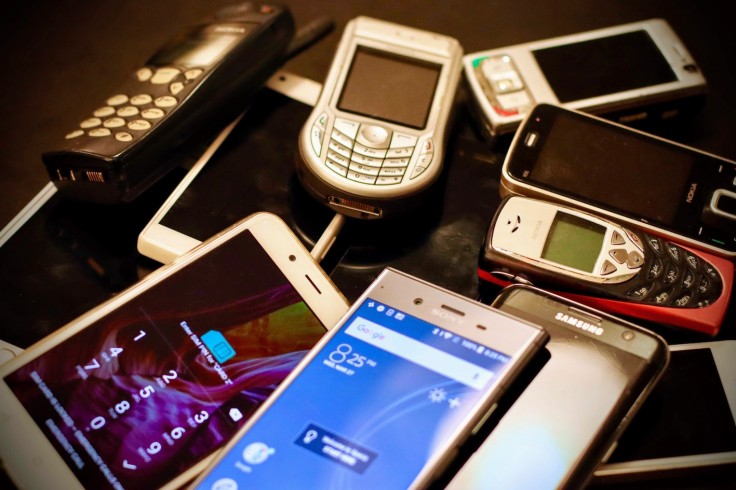Rather than recycling old phones, many people tend to keep them, according to the research conducted by the Waste Electrical and Electronic Equipment (WEEE) Forum.
This is alarming since based on global trade data, there is a growing amount of e-waste worldwide, as per BBC. In fact, according to WEEE, around 5.3 billion mobile phones worldwide will likely become e-waste this year.
With this, there is a wider call to recycle the hazardous materials in the mobile devices. The mobile phones contain valuable gold, copper, silver, palladium and other recyclable components.

Recycling is Seen as Solution to Reduce E-Waste
According to Digital Trends, instead of being recycled, old mobile phones often end up in drawers, trash cans, landfills or incineration.
At a global level, there are an estimated 16 billion mobile phones. And almost a third of the mobile phones in Europe are no longer in use.
"Smartphones are one of the electronic products of highest concern for us. If we don't recycle the rare materials they contain, we'll have to mine them in countries like China or Congo," said Pascal Leroy, Director General of the WEEE Forum, as cited by SCMP.
Leroy also added that most people do not realize that these e-wastes, which are deemed insignificant items, have greater value. At a global level, these metals hold a greater worth.
According to a survey in six European countries from June to September 2022, instead of being dumped in trash or recycled, most of these five billion phones removed from circulation will be hoarded only.
Hoarding instances happens when people simply put their mobile phones in drawers rather than having them repaired or recycled.
Moreover, the 2020 global e-waste monitor said that the "defunct mobile phones are just the tip of the 44.48-million-ton iceberg of global electronic waste generated annually that isn't recycled."
Read Also: T-Mobile: Alleged List of Mobile Phones That Will No Longer Be Supported by the Telco Leaks Online
A Campaign Promoting the Mining of E-Waste Was Launched
A campaign promoting the mining of e-waste to produce new products was launched by the Royal Society of Chemistry earlier this year. This was done because global conflicts threaten precious-metal supply chains in the world.
According to WEEE's Magdalena Charytanowicz, the metal in the mobile phones offer many important resources. If mined and put together, they can be used for the production of new electronic devices or other equipment.
Mining the metals from e-wastes is an important step towards a green, digital transition to low-carbon societies, Charytanowicz added.
According to BBC, of the total e-waste worldwide, only over 17% is properly recycled. With this, the United Nations International Telecommunication Union decided to raise the target to 30% by next year.
According to the organization, e-waste is the "fastest growing and most complex waste streams that affects both human health and the environment, as it can contain harmful substances."
In Europe, one of the moves to reduce e-waste is to require USB-C to be the single charger standard for all new smartphones, tablets and cameras starting late 2024. The EU parliament has already passed a law regarding this.
At least €200 million ($195 million) annual savings will be generated from this move. In addition, it will reduce the EU electronic waste every year by more than a thousand tons.
Related Article: How Mobile Phone Recycling is About to Take the Hit?









